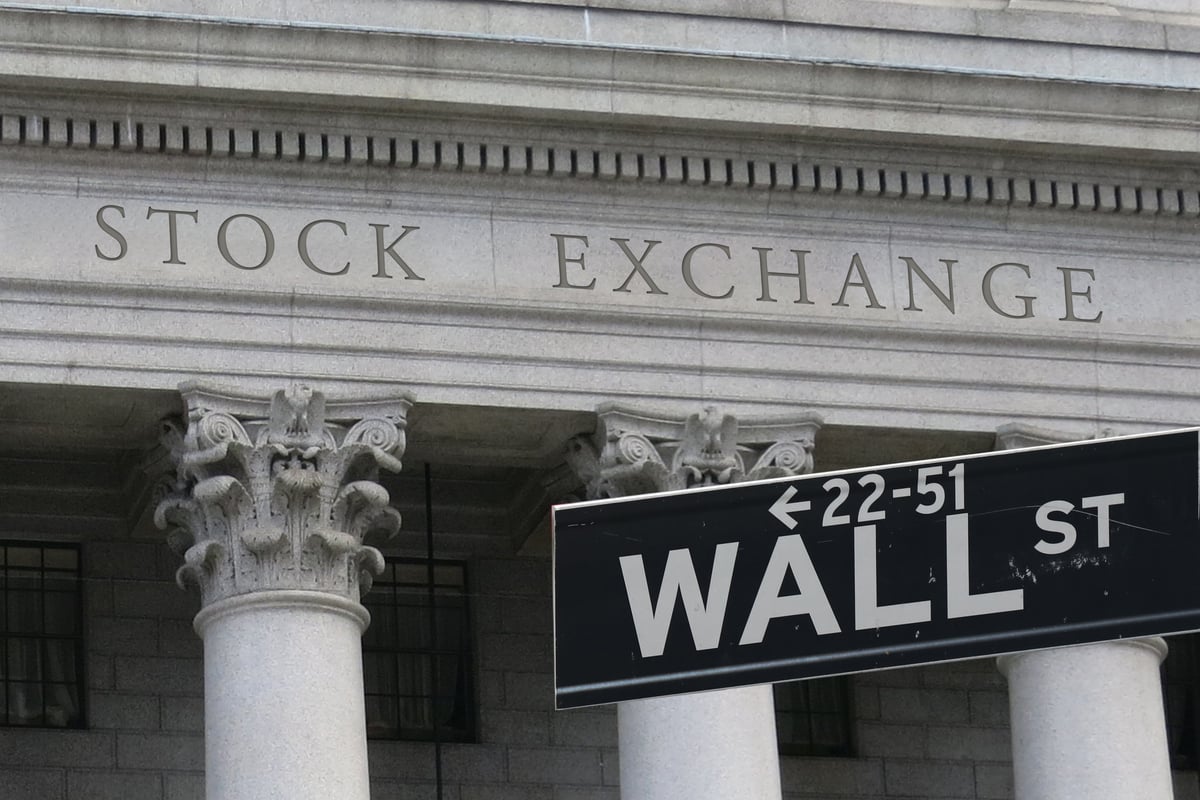Microsoft's (MSFT 2.17%) annual build developers' conference may have been the most anticipated event in the programming community in the company's history.
Satya Nadella has righted the ship and driven his brand into the cloud. He has also shaken it out of the doldrums that came with so many years of having a near-monopoly in the operating-system world. It may not be an entirely new Microsoft, but it's a changed one that's putting customers first while trying to be both innovative and responsive to customer needs.
At the core of those efforts sits Windows 10 -- the successor to the not-very-well-liked Windows 8, which is trying to distance itself from its predecessor by skipping a version number. Windows 10 was the core reason developers were excited, and it's the centerpiece of the company's strategy going forward.
Nadella didn't disappoint when it came to handing out new revelations and explanations about the OS, but he did make the audience wait until 90 minutes had already passed discussing other topics in his keynote. When he finally brought up Windows, he received raucous cheers, and he got right into it:
"Windows 10 is not just another release of WIndows; it is a new generation of Windows," the CEO said. "It is Windows built for this era of more personal computing. It's built where mobility of the experience across devices is what is paramount, not just mobility of the device."
Those are themes Nadella has raised before, but they lay the framework for the advances he showed the audience of developers.

Nadella made the crowd wait before talking about Windows. Source: Microsoft.
A foundation of trust
Nadella made addressing data security one of his priorities and told the crowd that security was baked into the core of the new OS. He described Windows 10 as being built "with a foundation of trust." Nadella said that to deliver a more personal experience, the OS required a user base willing to share information with it.
"When we talk about more personal, it becomes even more important to know that the data you are giving the system is being used to benefit the user," he said.
Microsoft wants a big universe
One of the recurring themes at Build was that Microsoft wants Windows to be on as many types of devices as possible. Nadella explained that this would create a bigger world for developers, one where programming skills in one area would translate to areas they hadn't in the past.
"We want to make sure that for every developer here, you have the widest, vibrant user base that your applications can target," he said.
The new WIndows operates on what Nadella called a "unified platform," where "everything from the Raspberry Pi to a holographic computer is one developer platform."
The CEO also pointed out -- as the company has announced previously -- that in addition being a unified platform, WIndows 10 also has a single store that gives developers a bigger audience to sell to, which could entice more talent to program apps for the OS.
Microsoft really wants developers on board
Nadella was followed on stage by Operating System Executive Vice President Terry Myerson, who told the audience that the company want to make Windows 10 "the most attractive development platform ever." He aggressively courted developers by laying out the features offered through the OS and pushing the diverse family of devices created apps could be used on.
"We're talking about one app, a single binary, that can run across all of these devices," he said after laying out a list that ran the gamut from phones and traditional computers to Hololens and Internet-of-Things products without screens. He also explained that when Microsoft examined the search terms used on PCs and on its phones, there was about a 40% overlap where the searched words were the same.
"Customers are looking for your apps in all of these places," Myerson said, clearly trying to show the developers in attendance how Win10 will benefit them. He also managed to get in a bit of a dig at Apple (AAPL 3.40%) by pointing out that developers have to pick between Mac OS and iOS for iPhone and iPad. He made the same argument with Google (GOOG +1.49%) (GOOGL +1.50%) and its Android and Chrome operating systems.
"Windows is the only ecosystem that lets you bring your apps to all of these devices efficiently," he said.
It's a big change
Microsoft has clearly decided that addressing the lack of apps for Windows -- both on its phone and PCs -- was a priority for its new OS. To do so, it clearly needs developers on board and to entice them to join, it has gone all out to offer them the widest possible audience to sell to.
That's an important move that puts the company back on the same footing with -- if not ahead of -- Apple and Google. Microsoft has made it very attractive for developers to write apps for WIndows 10, and that could be the difference maker for the OS.
Nadella has promised a different experience, a more personal one, and the company seems to be on the path to delivering it while bringing the developers needed to create apps and programs along for the ride.





